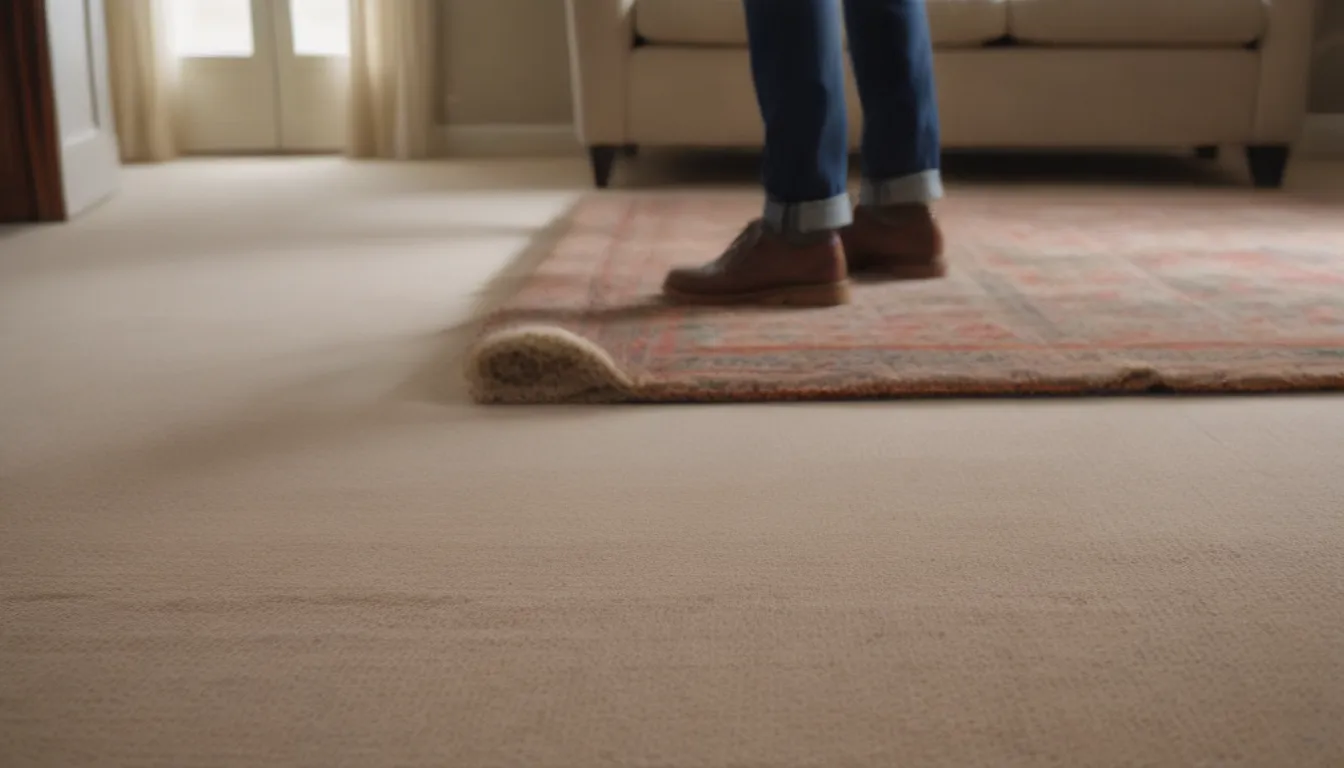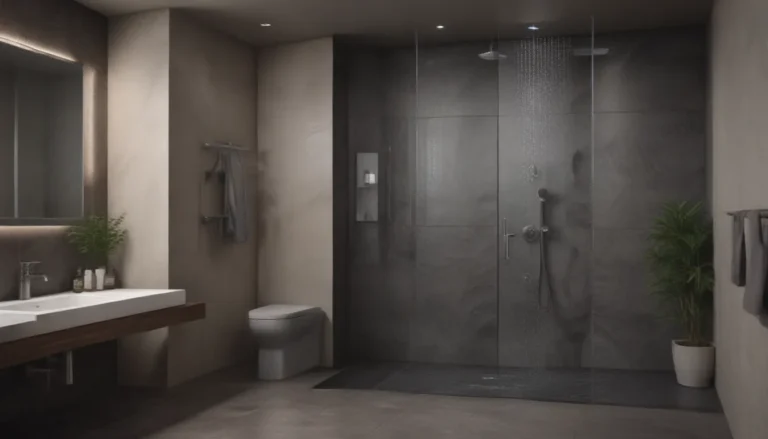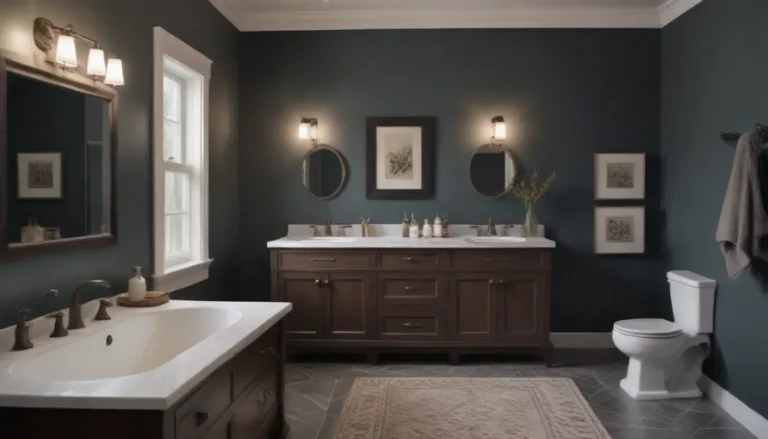Ultimate Guide to Buying New Carpet: Avoid These Mistakes

When it comes to buying carpet, it’s not something most people do frequently. In fact, you may only shop for carpet a few times in your life. This lack of experience can lead to confusion during the carpet buying process, potentially resulting in choices that don’t meet your needs. To help you make the right decision, we’ve compiled a comprehensive guide on common carpet buying mistakes to avoid.
Mistakes to Avoid When Buying Carpet
Getting Hung up on Weight
It’s easy to fall into the trap of believing that a carpet with a higher face weight is superior to one with a lower weight. However, when it comes to carpet quality, there are several factors to consider besides weight, such as twist and density. Salespeople may overlook these crucial details, so it’s essential to look beyond just the weight when evaluating carpet options.
Skimping on Underpad
While it may be tempting to save money on the underpad, it plays a crucial role in extending the life and performance of your carpet. A high-quality underpad absorbs the impact of foot traffic, ensuring that your carpet remains in good condition for longer. Investing in a good underpad can make a significant difference in how your carpet looks and feels over time.
Assuming Carpets Are the Same
Don’t be fooled by carpets that look similar. When comparing different products, ensure they are made of the same fiber, style, and quality. Pay close attention to manufacturers’ warranties as well, as a longer warranty often indicates higher quality. Make sure you compare apples to apples to make an informed decision.
Calculating Your Square Footage (Incorrectly)
While it’s helpful to take measurements before shopping for carpet, it’s best to hand them over to the salesperson for accurate calculations. Carpet requirements involve various considerations like roll width and pile direction, which can impact the total square footage needed. Rely on the expertise of the salesperson to provide an accurate estimate for your project.
Getting Taken In by a “Promotion”
Beware of enticing promotions that offer seemingly great deals on carpet installation. Hidden charges may offset the initial savings, ultimately increasing the overall cost. Request a complete price breakdown to understand what’s included and avoid falling for misleading promotions.
Having Your Carpet “Unprofessionally” Installed
While basic carpet installation may seem like a DIY project, complex rooms or areas with obstructions require professional installation. Carpet installers have the necessary tools and experience to ensure proper installation, which is crucial for the carpet’s performance and warranty validity. Invest in professional installation to avoid future issues.
Choosing the Wrong Carpet for Your Lifestyle
Consider your lifestyle and household conditions when selecting carpet. Factors like traffic, pets, sunlight exposure, and climate should influence your choice. Opt for a carpet that can withstand the demands of your lifestyle to ensure longevity and performance.
Key Factors to Consider When Buying Carpet
When shopping for new carpeting, keep the following factors in mind:
* Price: Set a budget that accounts for both materials and labor costs.
* Material: Consider the type of fiber and construction that best suits your needs.
* Warranty: Check the warranty coverage to ensure protection for your investment.
How Much Does Carpet Installation Cost?
When budgeting for new carpet, remember that the total cost includes labor expenses in addition to materials. On average, carpet installation costs range from $3.50 to $11 per square foot, with labor contributing up to $1 per square foot or more. Factors like removing old flooring, subfloor preparation, and unique room shapes can impact labor costs. While carpeting is a lower-cost option compared to hardwood, it can still enhance the appeal of your space.
Tips for Finding Deals on Carpet
Carpet pricing is influenced by supply and demand, making certain times of the year ideal for deals. Holiday seasons and post-holidays are great opportunities to snag discounts on carpeting when demand is lower. Take advantage of periods with fewer shoppers to secure lower prices on quality carpet.
In conclusion, buying new carpet requires careful consideration to avoid common mistakes that can affect the quality and longevity of your investment. By being aware of these pitfalls and following our tips, you can make an informed decision that meets your needs and budget. Choose wisely to enjoy a beautiful and durable carpet that enhances your living space.





